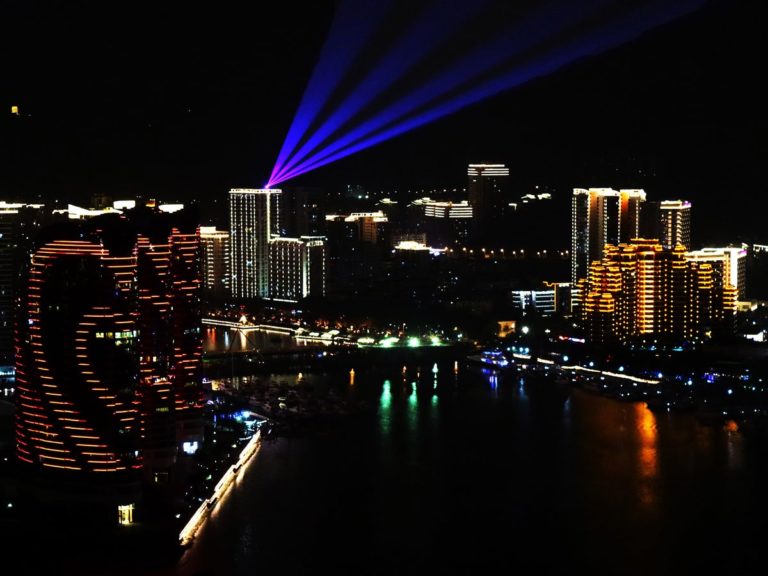

It’s around 7.30pm on a warm November evening in Jiaji, the county capital of Qionghai, on the east coast of Hainan, an island province of the People’s Republic of China. I’m standing in a park watching middle-aged women dance in formation to music blaring from a loudspeaker when a voice from behind me shouts: “Ah Kang! Let’s go! I’ll take you to see the place where the gays go to play mahjong.”
I turn around to find Ah Tao* hurrying towards me, scrambling over a low hedge. With a population of about 198,000, Jiaji is a small city. I’m here to take a tour of its gay scene and 29-year-old Ah Tao is my guide.
The past 20 years have seen increasing research interest in issues of gender and sexuality in China. This work has explored how, under Maoist socialism (and especially during the fraught years of the Cultural Revolution) “acceptable” modes of gender and sexuality were largely confined to reproductive, cisgender, and heterosexual coupledom.